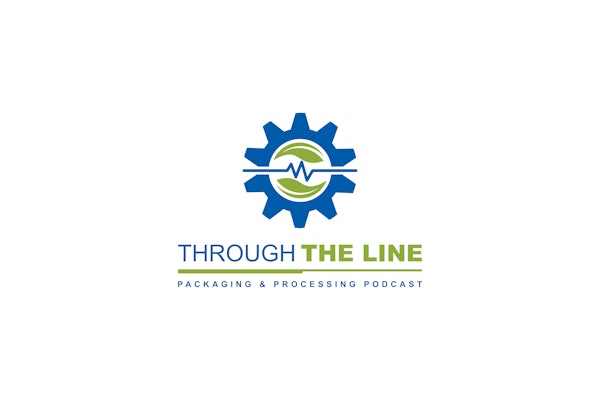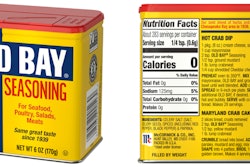The FDA approved Sandoz's Glatopa, the first generic version of Teva's Copaxone, a glatiramer acetate injection, 20 mg/ml one-time-daily multiple sclerosis therapy.
Glatopa is approved for the treatment of patients with relapsing forms of MS, including those who have experienced a first clinical episode and have MRI features consistent with MS.
“Before approving this generic product, given its complexity, we reviewed additional information tomake surethat the genericproduct is as safe and effective as the brand name product," said Janet Woodcock, M.D., Director of the FDA’s Center for Drug Evaluation and Research.
In the clinical trials for Copaxone, the most common adverse reactions reported by those taking Copaxone were skin problems at the injection site (redness, pain, swelling and itching), flushing (vasodilation), rash, shortness of breath and chest pain.
"Sandoz, together with Momenta, is proud to be the first company to receive FDA approval for a substitutable generic version of this important therapy," said Peter Goldschmidt, President of Sandoz US. "The approval of Glatopa reinforces Sandoz leadership in complex, differentiated generic products and further demonstrates our commitment to offer patients and payors a full range of therapeutic options."

























